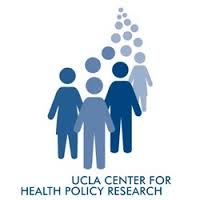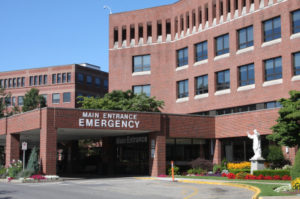Medicaid Pay Bump Gone in PA; Will it Affect Access?
The temporary increase in Medicaid provider fees for primary care services ended yesterday, leaving observers to wonder whether it will affect access to care for the nation’s growing Medicaid population.
The increase, mandated by the Affordable Care Act, raised Medicaid primary care rates to the same level as Medicare payments in the hope that more primary care providers would begin serving Medicaid patients in anticipation of significant growth in the Medicaid population. Now that the two-year increase has ended, it is unclear whether providers who began serving Medicaid patients because of the increase will remain Medicaid providers and those who accepted more Medicaid patients will continue doing so.
 Because of the relatively short duration of the increase, little research has been completed to determine whether the raise made a difference in access, but some states believe it did: a number will use their own money to continue the raises, which during the two-year experiment were paid entirely by the federal government.
Because of the relatively short duration of the increase, little research has been completed to determine whether the raise made a difference in access, but some states believe it did: a number will use their own money to continue the raises, which during the two-year experiment were paid entirely by the federal government.
Pennsylvania is not among the states that will continue paying the enhanced Medicaid fees for primary care services.
Kaiser Health News has taken a look at this issue and the potential implications of the end of the Medicaid pay raise; see its report here.







